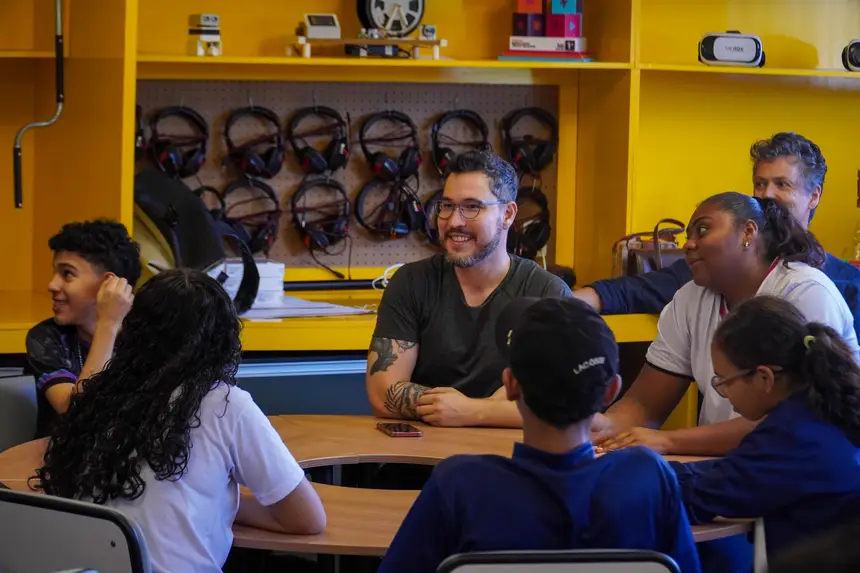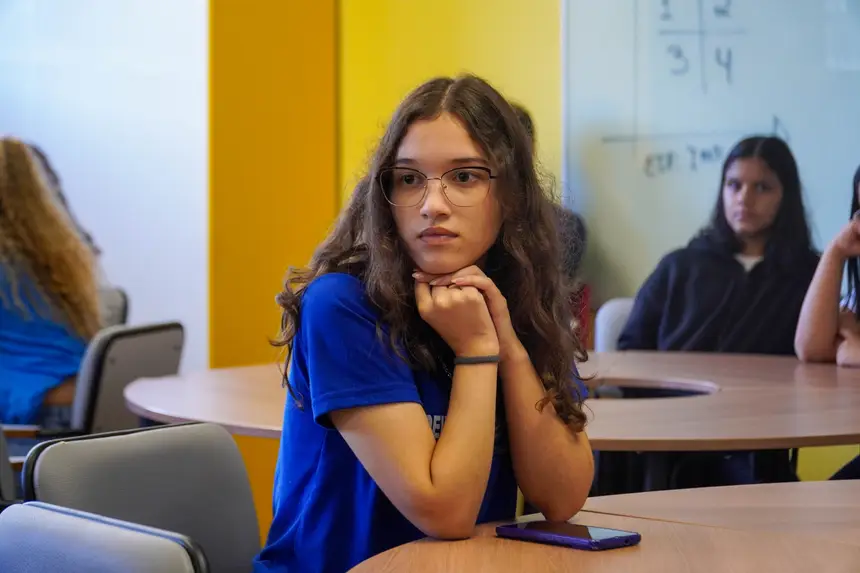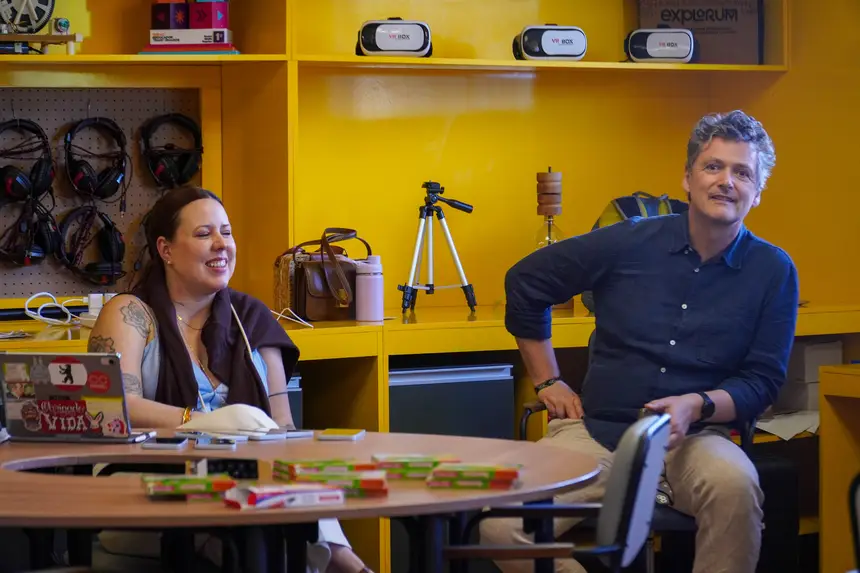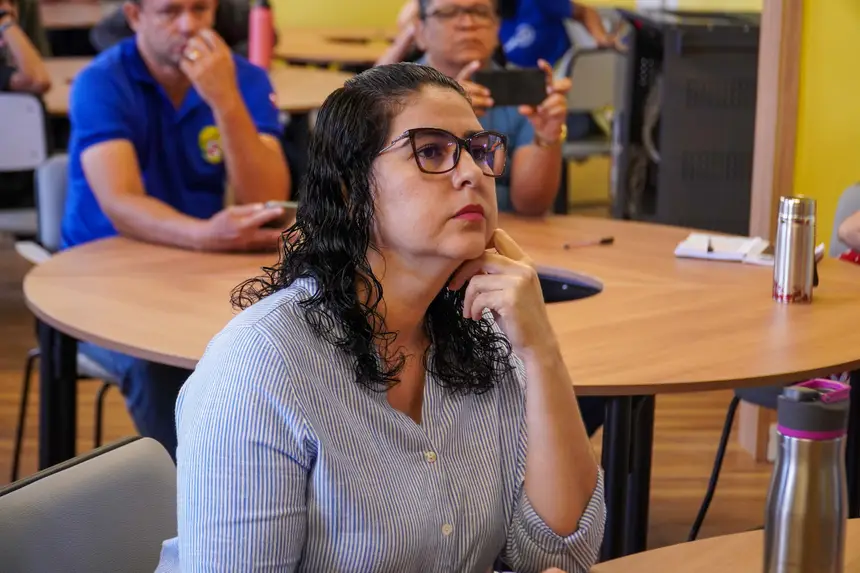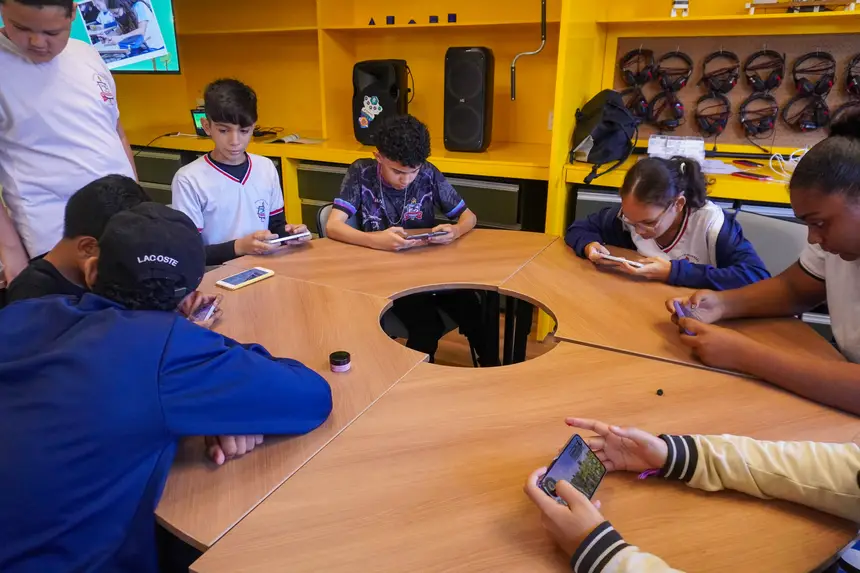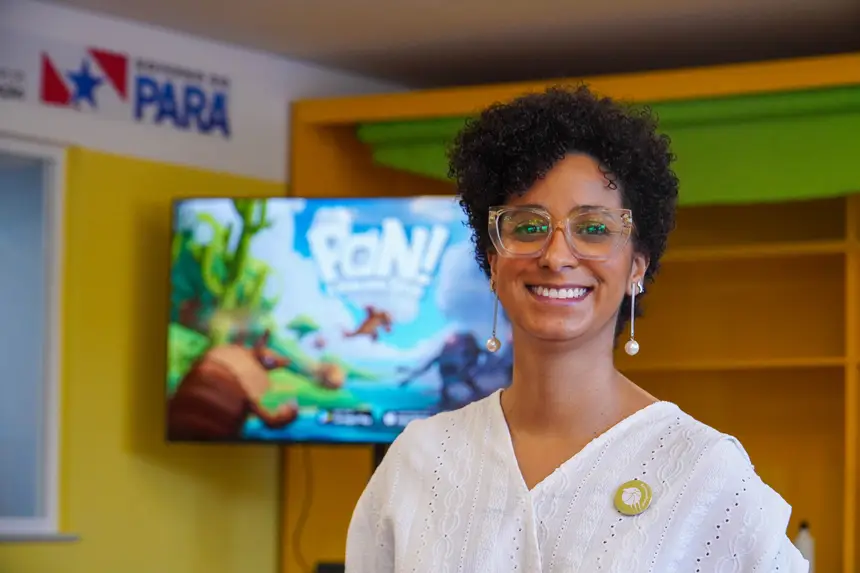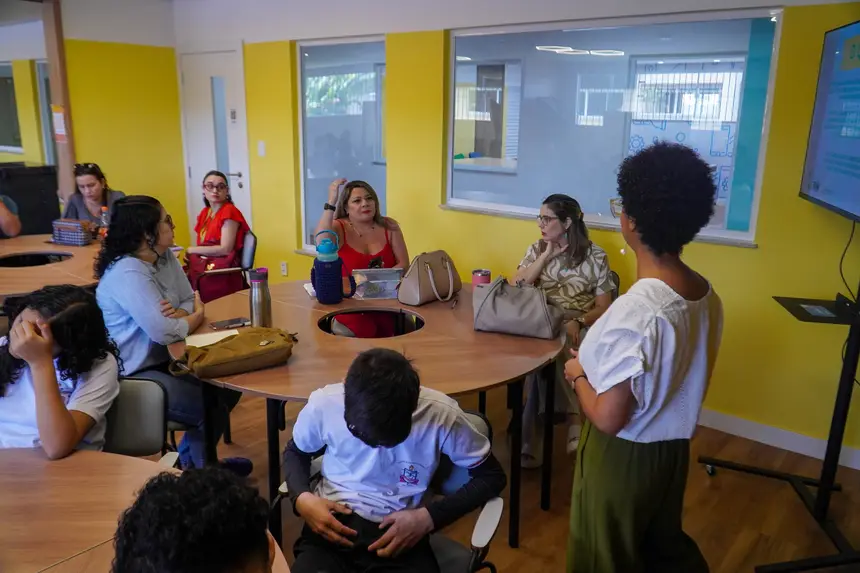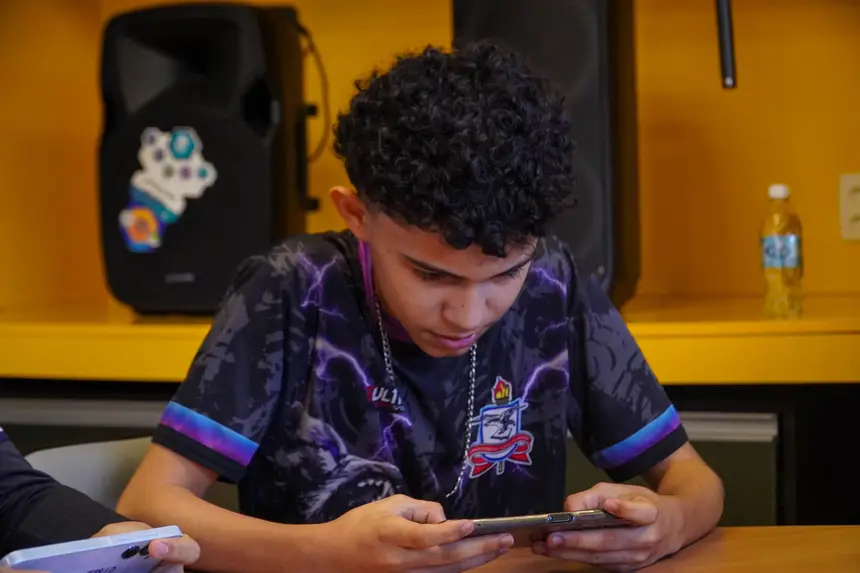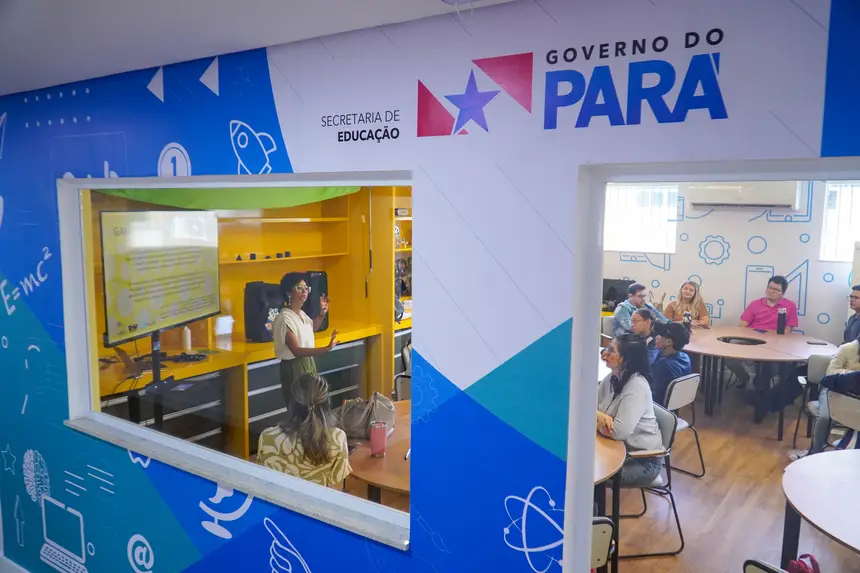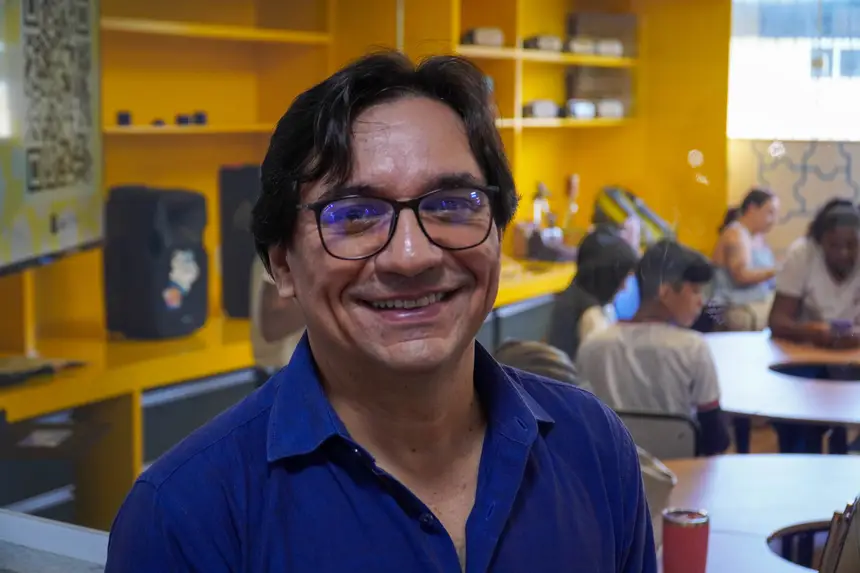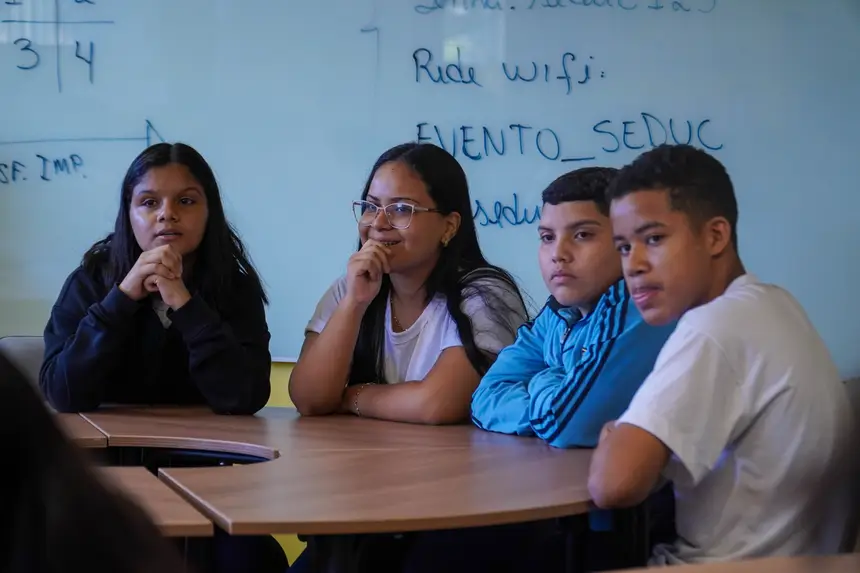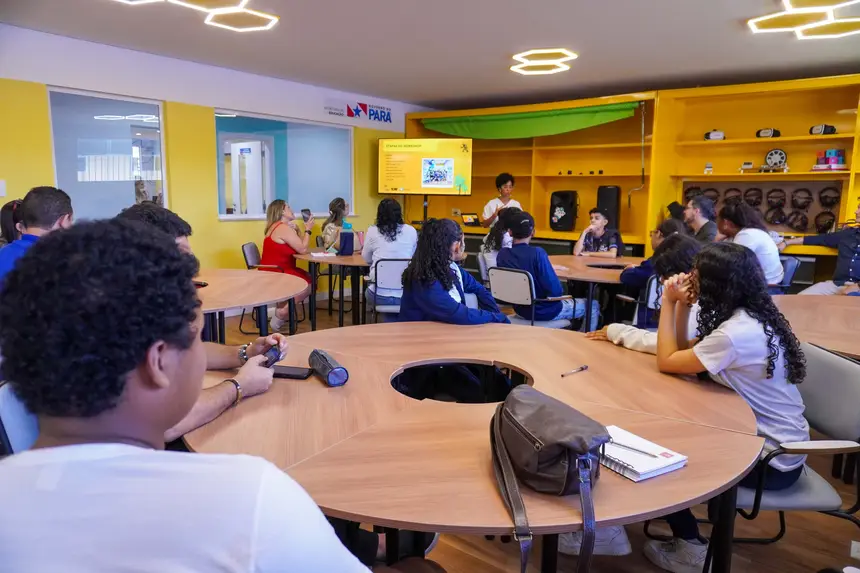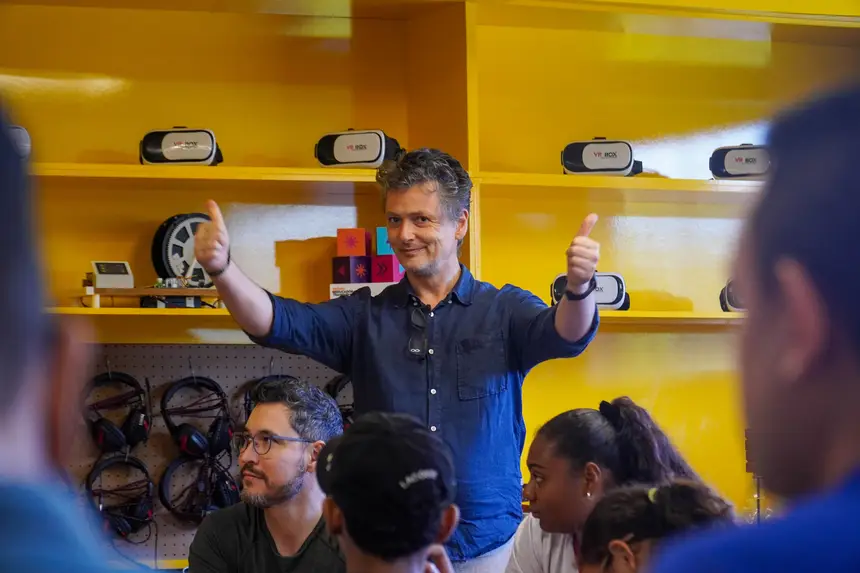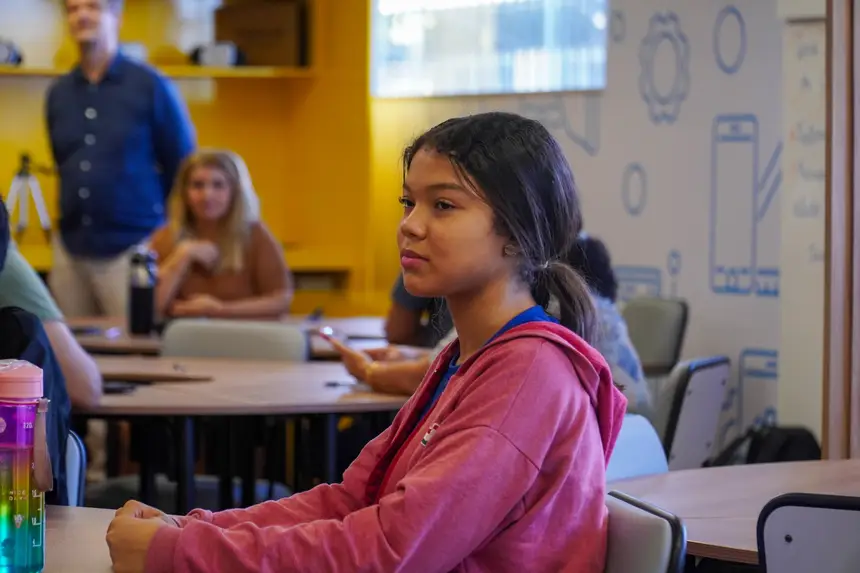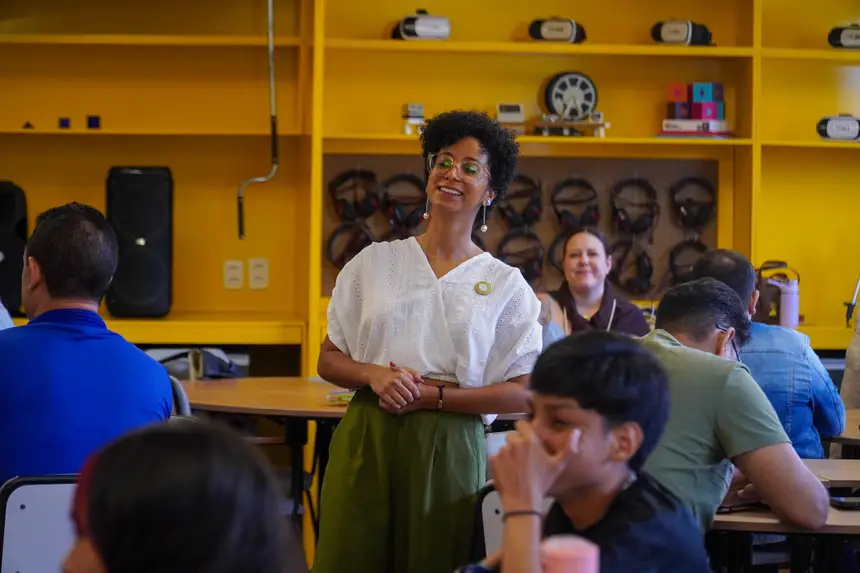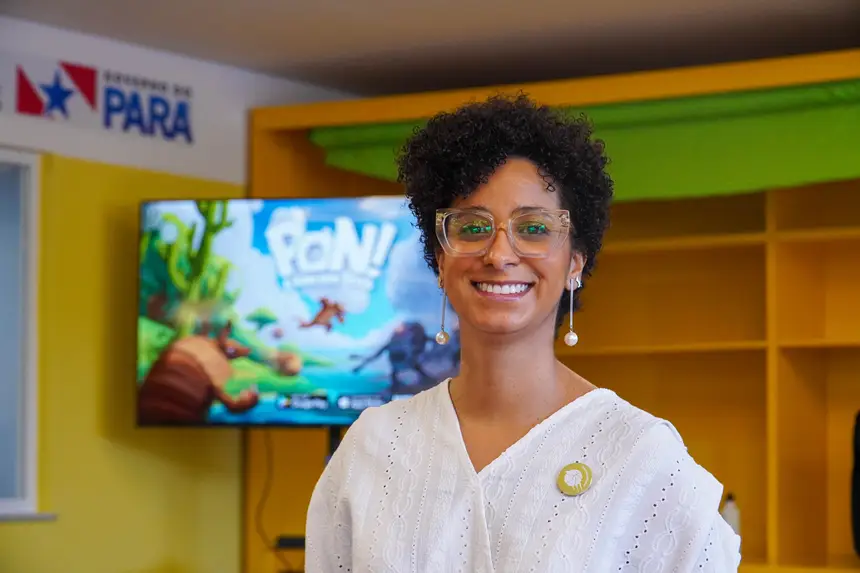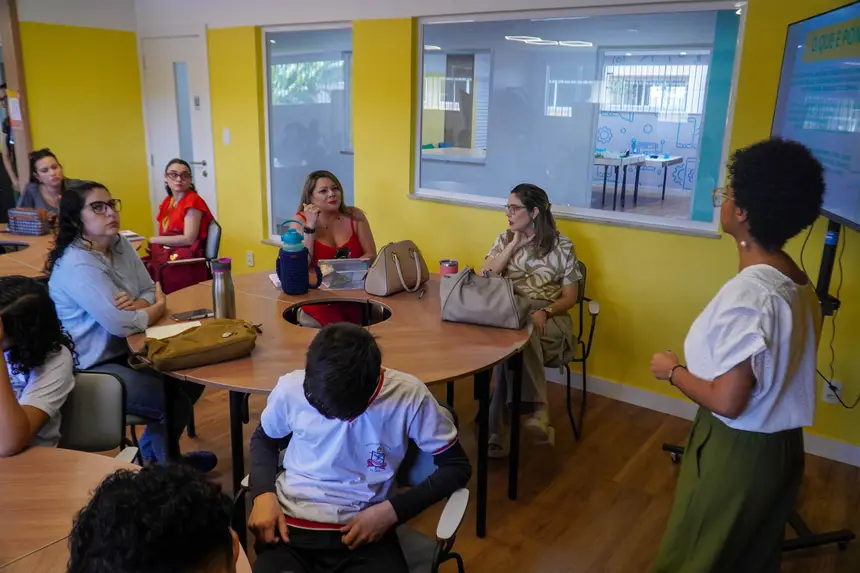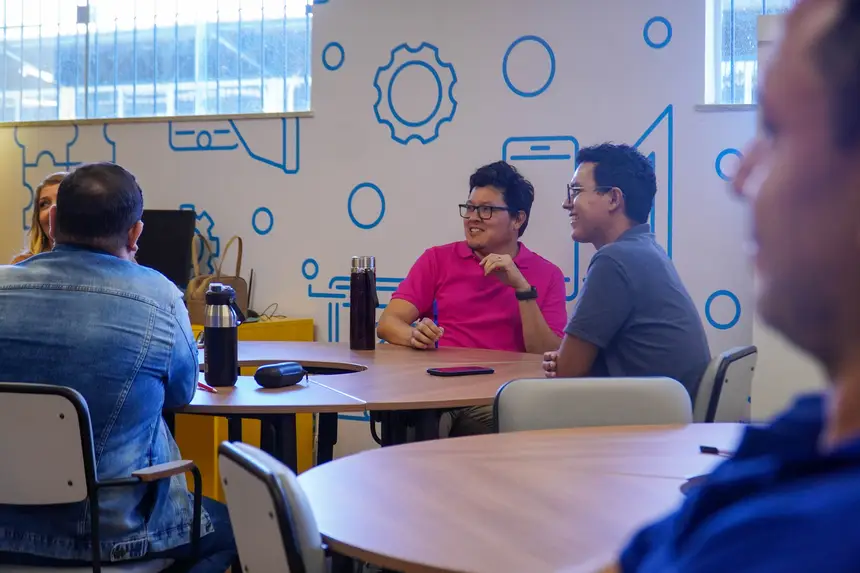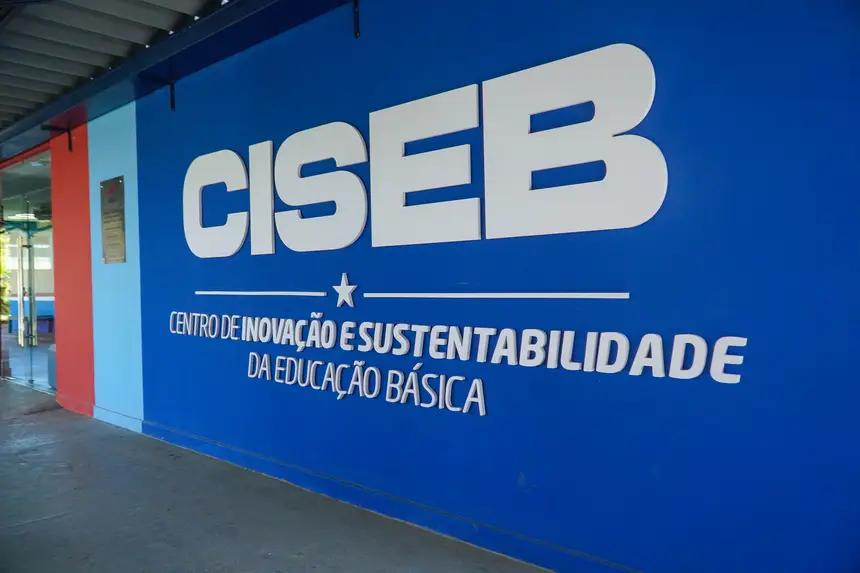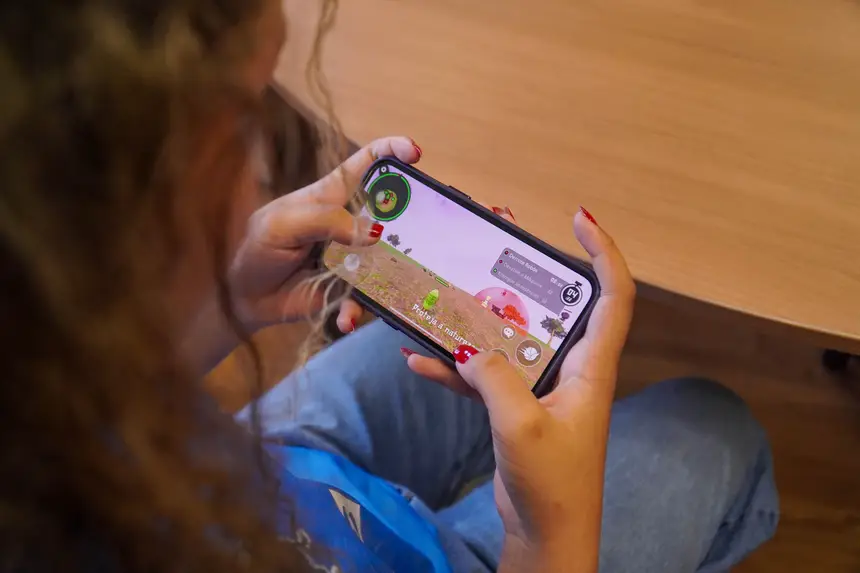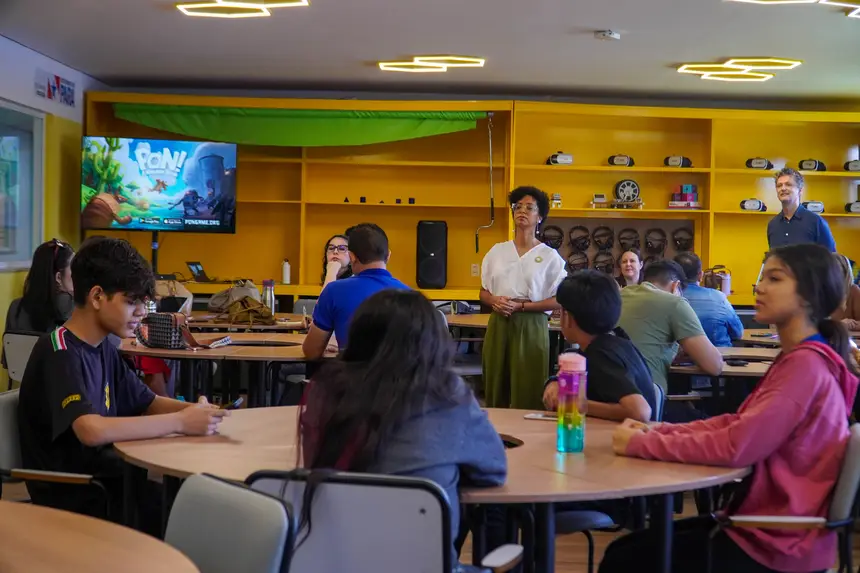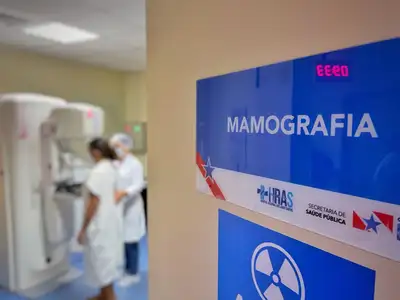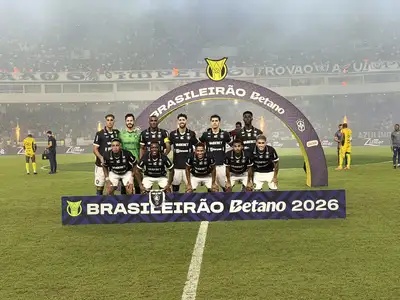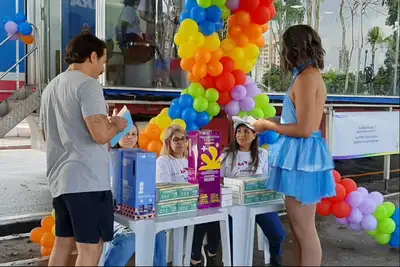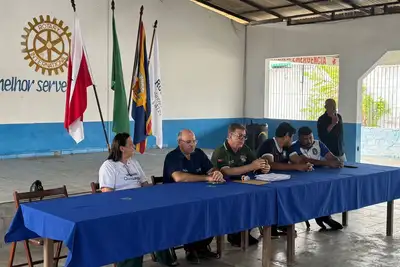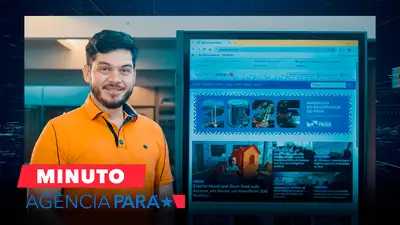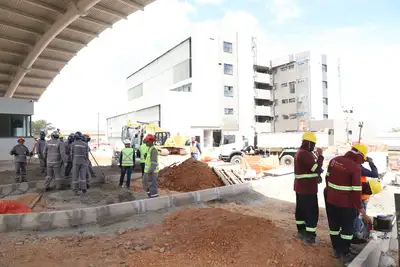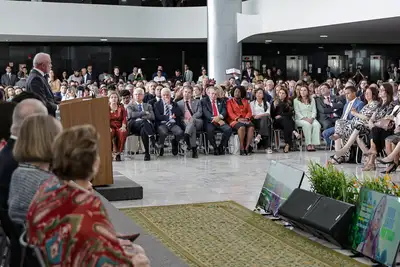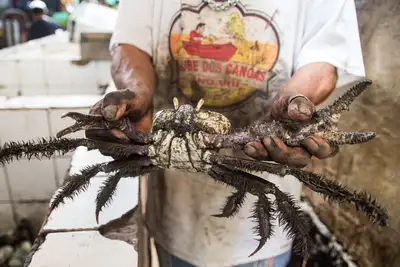State Government promotes training on environmental education using digital games
Strategically, the workshop strengthens access to pedagogical practices based on collaborative games, with demonstrations and debates
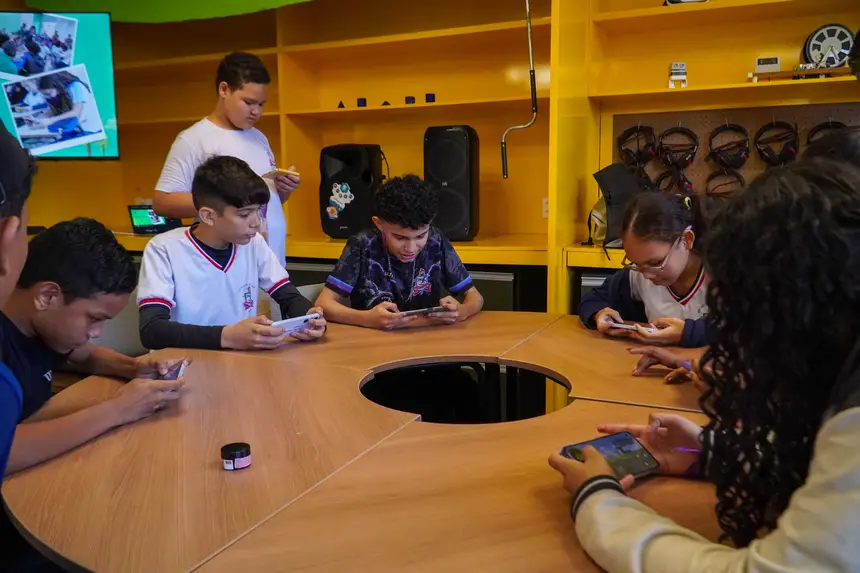
Digital games are increasingly recognized as strategic tools and allies in education and environmental awareness, especially for children and young people. The State Government, through the Pará State Department of Education (Seduc), is conducting, in partnership with the Cultural Institute of Denmark (ICD), a training workshop on the use of the digital game 'PoN! The Armadillo Island', for about 80 teachers and students from the state public network, at the Center for Innovation and Sustainability in Basic Education (Ciseb), in Belém.
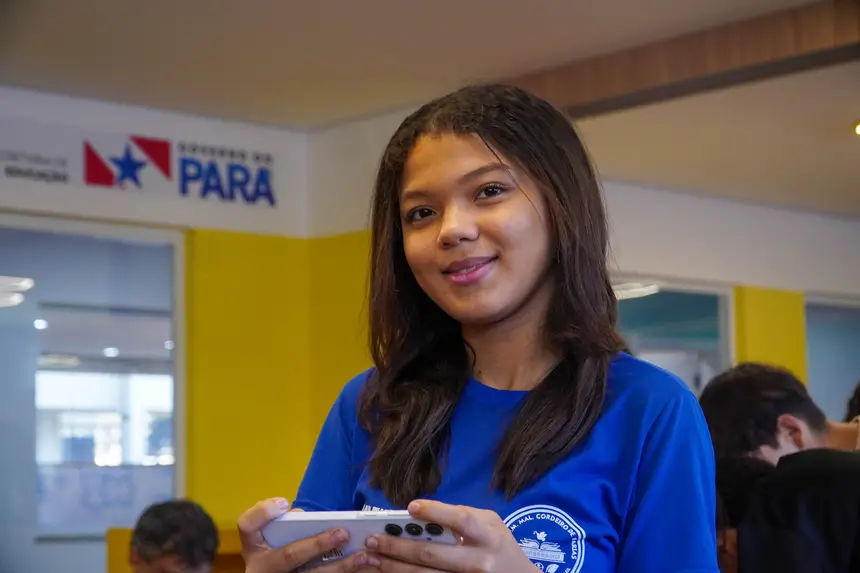
The combination of technology, playfulness, and the reflection provoked by the game captivated student Thaiany Lima, 15 years old, from the 1st year of the Marechal Cordeiro de Farias State School, who participated in the workshop. “We know that the environmental issue is urgent, and since the classes on the subject, we understand the importance of taking care of our planet. Learning more about the topic while playing is much cooler, easier, and more interesting,” she says.
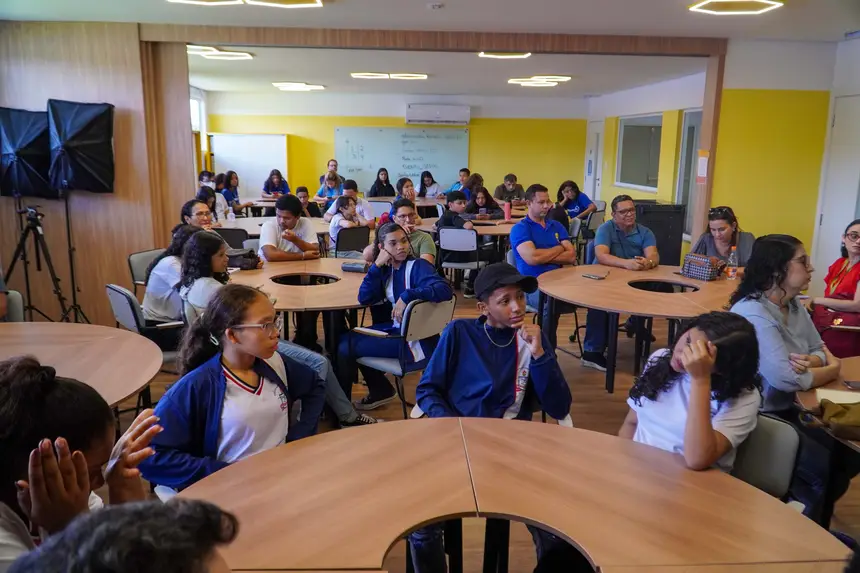
Considered an innovative tool for teaching environmental education, the game experience connects the digital universe to the school curriculum, supported by a complete pedagogical kit available in Portuguese and Spanish. Strategically, the workshop was offered to strengthen access to pedagogical practices based on collaborative games, with demonstrations, experiments, and debates.
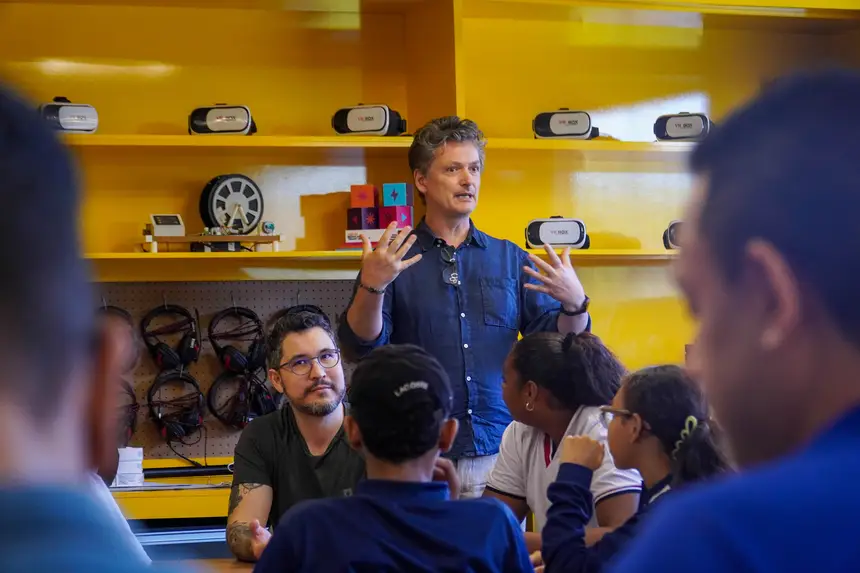
“Financed with the support of the European Union, the game is the result of a co-creative intercultural process, which we are very proud of. We are very happy to plant this seed in partnership with Seduc here in Pará. Combining technology and learning generates greater engagement from both teachers and students. Many studies show the interesting potential of these games, including creating greater identification and empathy with the topic addressed, which in this case is the environment,” points out Anders Hentze, director of ICD in Brazil.
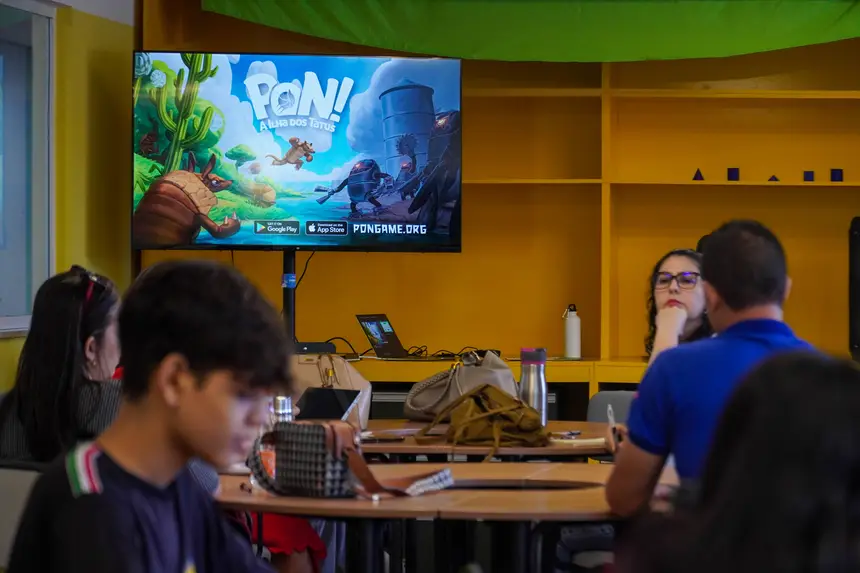
Environmental Education teacher at Lauro Sodré State School, Elany Barros, who also participated in the workshop, emphasizes that the theme should be transversal to all subjects and that the school plays a fundamental role in this training. “Students need to understand that they are protagonists in facing climate change. Within the school, we develop several practical activities so that they develop environmental awareness. Bringing technology as an ally in the education process is very important. Our students were born in this digital age, they are digital natives, and it is necessary for us to use these resources to strengthen learning,” she says.
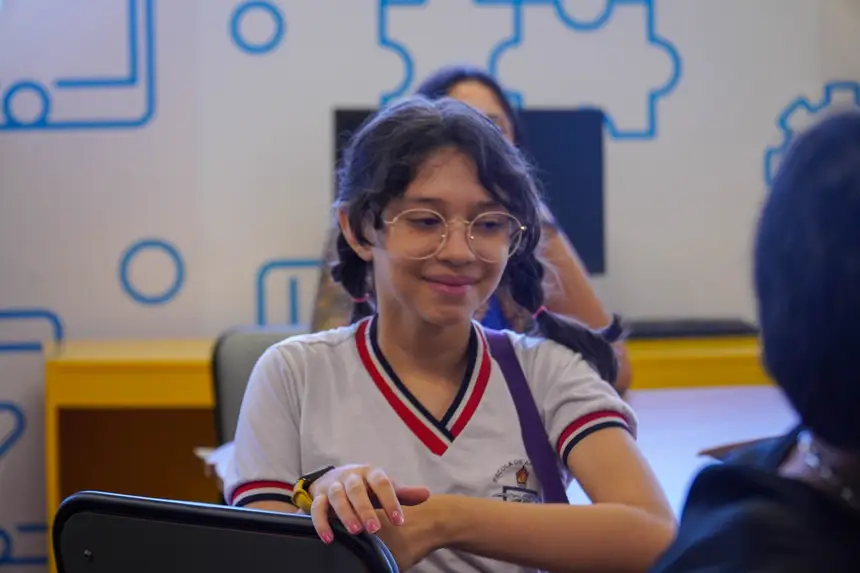
GAME - Developed based on the book Politics of Nature by French philosopher Bruno Latour, PoN is a free game available for Android and iOS. The material is already used in public networks in Brazil and Colombia, having been presented at COP16 as an international reference in environmental education.
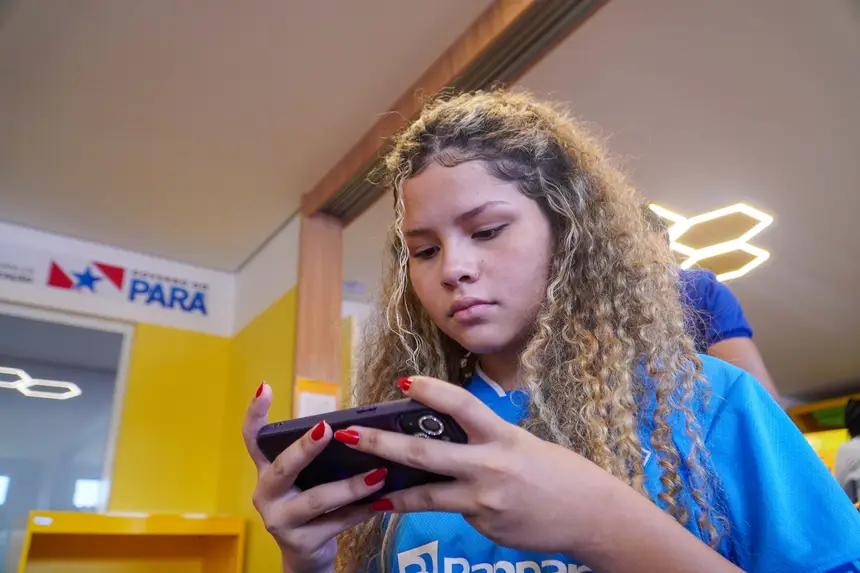
The educational consultant of the project, Tainá Felix, explains that the player is an armadillo that needs to desrobotize machines that threaten the ecosystem of its natural habitat and destroy nature. When threatened, armadillos close up and form a 'ball' – and it is in this shape that they act and defend themselves.
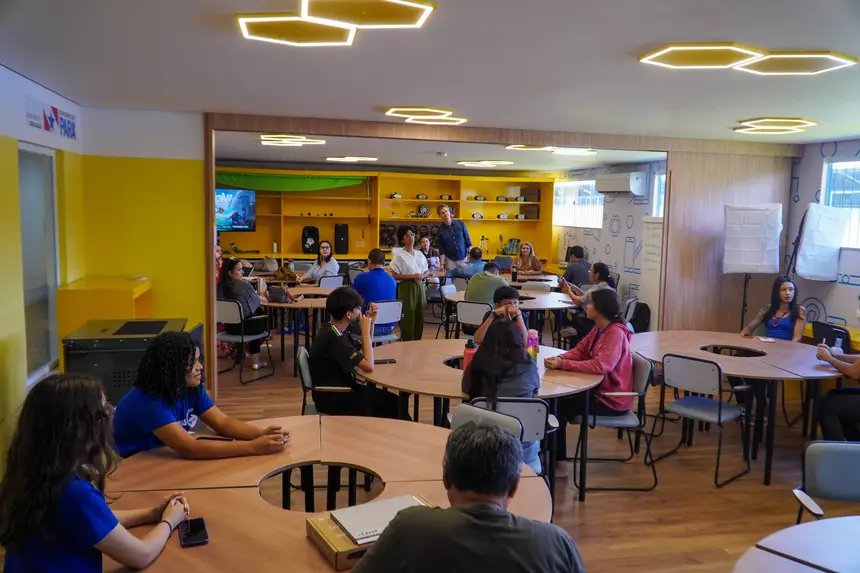
“The game addresses climate issues in a playful way, with a consistent pedagogical project, and provides a kit that can also serve as support for teachers and mediators. This is a very important step, especially for the public network of Pará, because thinking about environmental education in the city of COP 30 is to think about how much we can build values of environmental education with technology and designed for learning environments, with the support of the entire school community as multiplying agents,” reinforces Tainá.
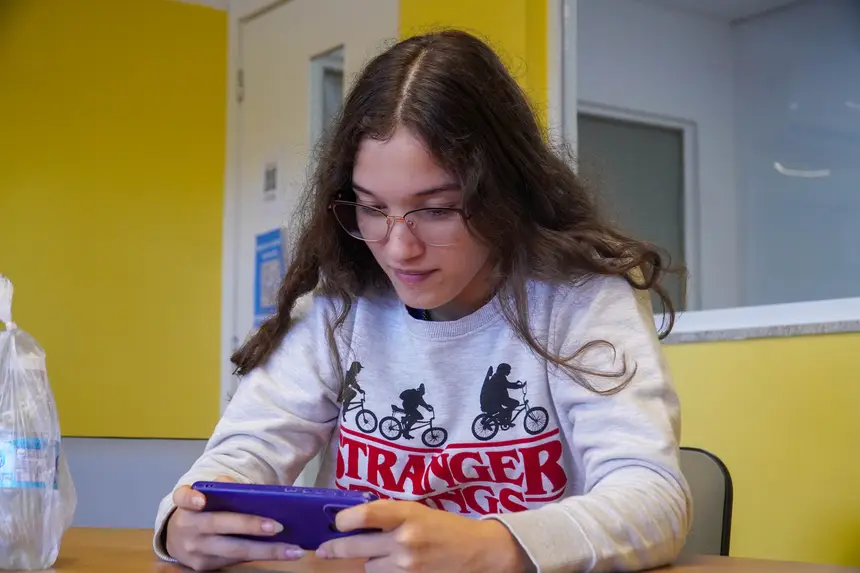
Pará is a pioneer in guaranteeing a mandatory curricular component of sustainability. Through Seduc, Environmental Education will be taught from the first semester of 2024, at all stages of education, as mandatory in state schools, and can be adopted in municipal ones. From this component, projects, school works, actions, among other activities have already emerged that prove the good results of implementing environmental education in Pará schools, resulting in stories of young multiplying agents and protagonists.
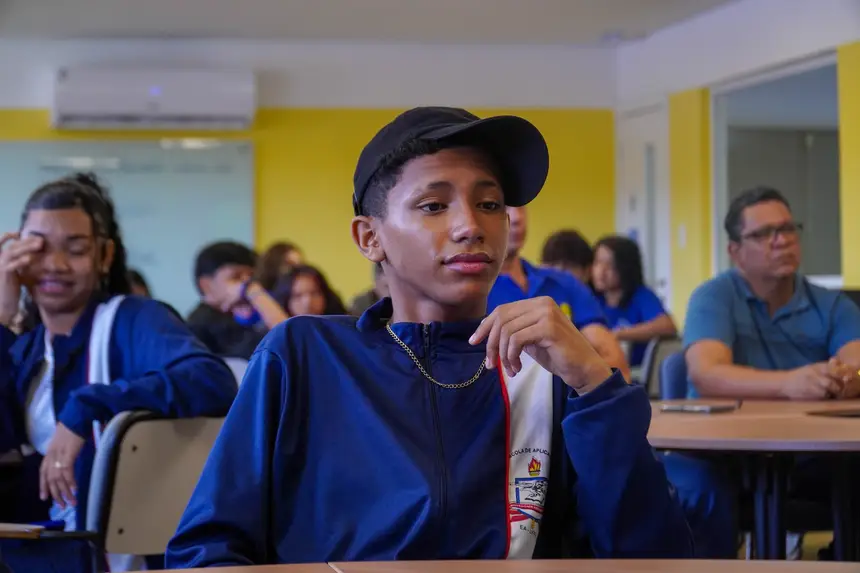
CISEB - The realization of the workshop at Ciseb reinforces the strategic role of the new center as a hub for training, innovation, and sustainability within the state's educational policy. Aderilson Parente, a professor on the implementation team of the center, highlights the importance of the space. “Ciseb was born with the objective of working with digital education and offering to the State, students, and teachers, various possibilities, whether for mentoring, training, formative paths, robotics, artificial intelligence, and much more,” he concludes.


